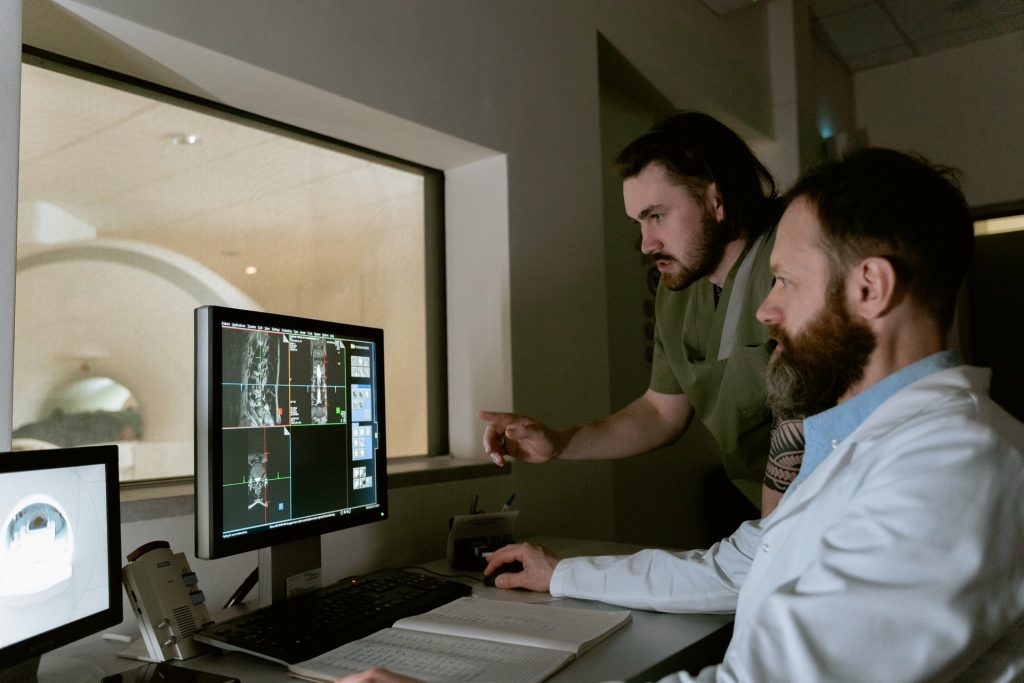LSD Microdosing Trips up in Randomised Controlled Study

A randomised controlled study of LSD microdosing in healthy adults found no evidence of improvements to mood or cognition, which are some of its purported benefits. Other benefits were found to steadily decrease with time. The research has been published in the journal Addiction Biology.
‘Microdosing’ involves taking small amounts of a psychedelic drug at regular intervals. Preliminary research has indicated that microdosing is associated with a range of psychological benefits, such as increased productivity and reduced stress, but the gold standard for proving causation – randomised placebo-controlled studies – had not yet been done.
“I saw how widespread the practice of microdosing is, and yet there are few well-controlled studies to document its apparent benefits,” said study author Harriet de Wit, a professor of psychiatry and behavioral neuroscience at the University of Chicago. “My human psychopharmacology laboratory is well suited to test effects of drugs under double-blind conditions.”
In the study, four low doses of LSD (13 or 26 μg) or placebo were administered to 56 healthy adults at 3–4 day intervals. The participants were aged 18–35 and they all reported having used a psychedelic drug at least once in their lifetime, but were not experienced with microdosing. The doses were administered under double-blind conditions, meaning that neither the participants nor the researchers knew who was receiving an active dose and who was receiving an inactive placebo.
“We removed any expectations that this was a psychedelic drug,” Prof de Wit explained. “Because in the real world, people’s expectations can strongly influence their responses.”
After ingesting their dose, the participants completed cardiovascular assessments and hourly mood questionnaires. During the first and last sessions, the participants also completed cognitive and behavioral tasks related to emotional processing, working memory, simulated social rejection, and general cognitive performance.
Participants received their dose during five-hour laboratory sessions. They remained in a comfortable room and were given access to movies and reading materials when no activities were scheduled.
The researchers found that the higher dose of LSD (26 μg) produced a small decrease in false alarm rates for recognising fearful emotions and a small decrease in feelings of social rejection. The higher dose of LSD also produced heightened feelings of vigor and some participants who received the higher dose reported feeling a modest “high” during the drug sessions.
But neither the lower or higher doses of LSD had a significant effect on other aspects of emotional processing, mood, working memory, or general cognitive performance. “Under these limited conditions, the effects did not differ from placebo. But, future studies are needed to assess the effects of repeated doses under different conditions,” de Wit told PsyPost.
The participants also appeared to build a tolerance to LSD over the course of the study, with the strongest “high” reported at the first session, and the perception of a drug effect diminishing at each subsequent session.
“We can’t say necessarily that microdosing doesn’t work,” Prof de Wit said in a news release. “All we can say is that, under these controlled circumstances, with this kind of participant, these doses, and these intervals, we didn’t see a robust effect.”
There are more questions to explore in future research “Does microdosing have more pronounced effects in individuals with anxiety or depression, or pressing psychological problems?” Prof de Wit said. “Would the effects be detected if different outcome measures were used, or if dosing continued for more than 2 weeks?”
Source: PsyPost



